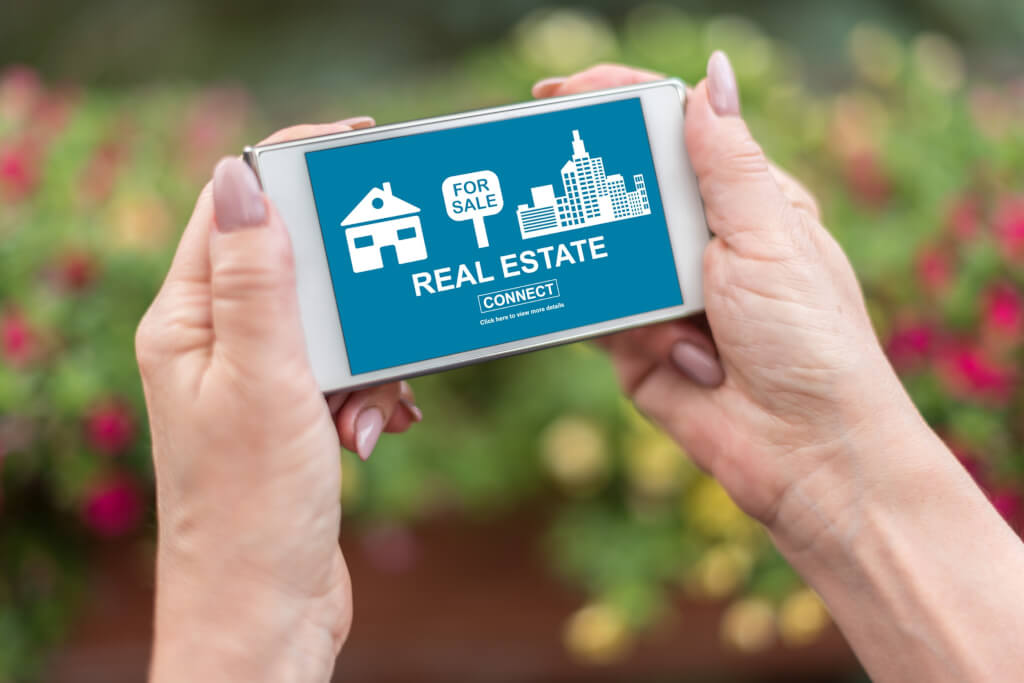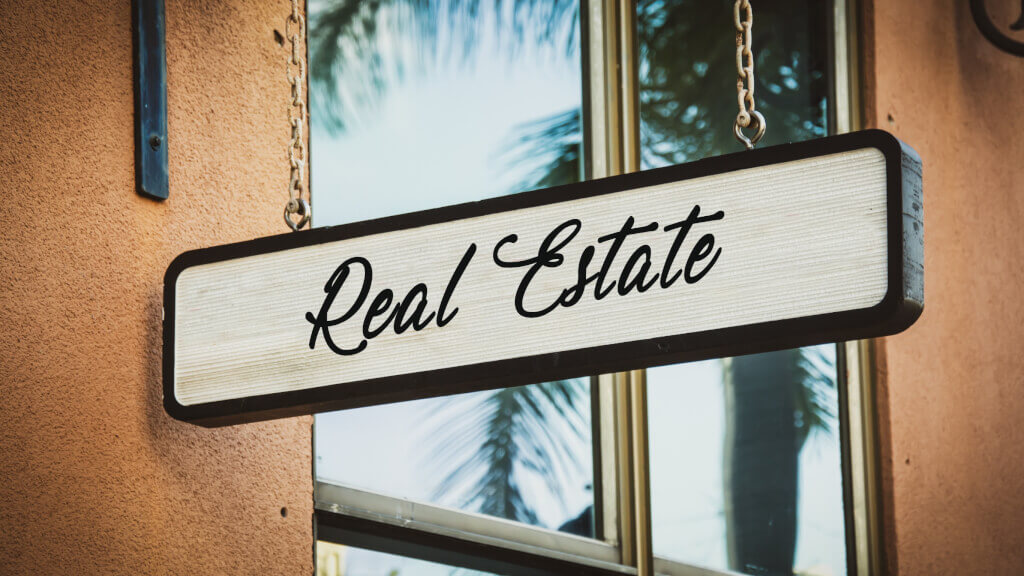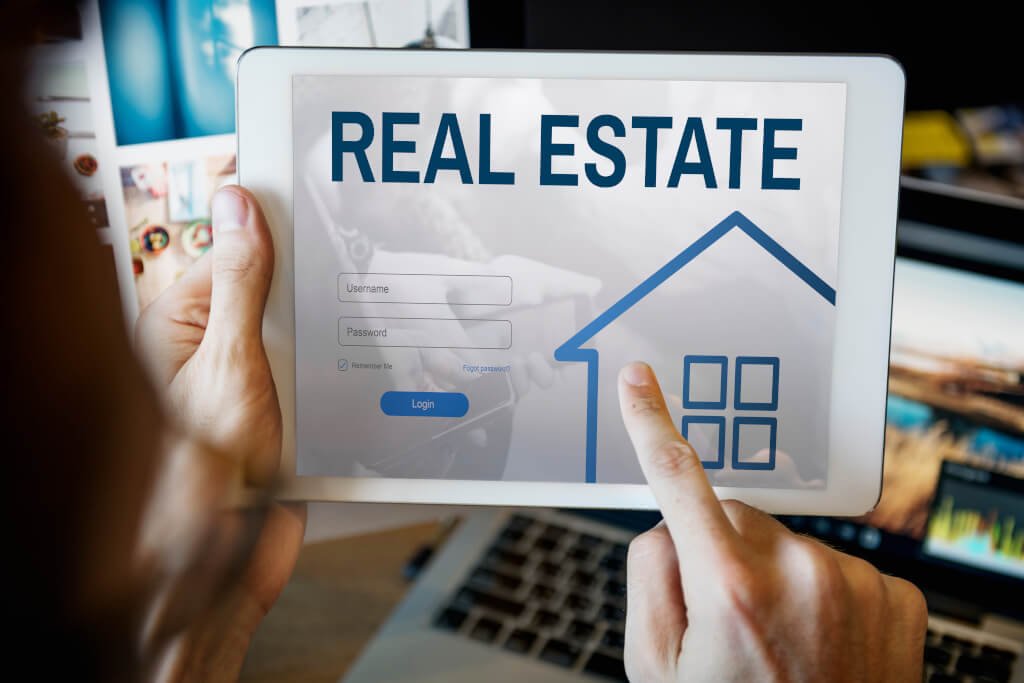A strong personal real estate brand is crucial for agents aiming to stand out in a competitive market. This guide outlines essential steps to build and maintain a powerful personal brand that resonates with clients and sets you apart. Whether experienced or new to the field, these strategies can boost your visibility and engagement. Let’s explore how to use personal branding to maximize your potential in real estate.

Why Build a Personal Real Estate Brand?
In the crowded real estate market, standing out is not just an option; it’s a necessity. With over 3 million active real estate licensees in the United States, the average client is familiar with around a dozen real estate agents, including family and friends. This market saturation underscores the importance for agents to differentiate themselves and forge personal connections with clients.
Understanding Market Dynamics
- Market Saturation: Many regions are overflowing with agents, making it increasingly difficult to stand out.
- Diverse Client Needs: Clients have specific preferences and needs, ranging from first-time homebuyers to seasoned investors.
- Technology Shifts: The rise of online platforms has transformed the buying and selling process, though the need for skilled agents remains constant.
- Economic Fluctuations: The real estate market is sensitive to economic changes, impacting how properties are valued and sold.
- Brand Loyalty: Well-established agencies benefit from brand recognition and loyalty, a crucial asset in retaining and attracting clients.
Crafting Your Personal Brand
The first step in building a personal brand is understanding who you are marketing to. Start by analyzing your recent clients: What common needs or characteristics do they share? This process will help you create a clear customer persona, giving you deeper insight into what your potential customers are looking for in a real estate agent. Your brand should communicate that you’re not just facilitating a transaction, but improving the overall process of finding a home. Here’s how to build your real estate brand:
- Identity and Image: Who are you? Your real estate brand should mirror your personal style and professional values.
- Differentiation: What makes you unique? Identify and highlight these aspects.
- Consistency: Maintain a consistent presence across all platforms, from social media to your professional website.
- Authenticity: Be genuine. A real estate brand that reflects your true self will resonate more with clients.
- Visibility and Presence: Position yourself as an authority in real estate. Active engagement increases visibility and credibility.
- Value Proposition: Clearly articulate the unique benefits you provide. How do you solve client problems differently?
- Evolution: Your real estate brand will evolve. Embrace growth but stay true to your core values.
Your Unique Value Proposition (UVP)
Your Unique Value Proposition (UVP) is a clear, compelling statement highlighting what makes you different and valuable to your clients. It answers why someone should choose you over other real estate agents. To develop your UVP, reflect on your personal experiences and strengths. Consider the following:
- Self-reflection: Ask yourself why you would choose your services. What aspects of your personality, approach, or expertise make you the ideal choice?
- Client feedback: Consider the positive comments you’ve received from past clients. What aspects of your service do they most often praise?
- Problem-solving skills: Evaluate how you simplify your clients’ buying or selling process. Do you save them time? Money? Stress?
- Client relationships: Consider how you maintain relationships with your clients after transactions. Are you viewed as a lifelong resource?
Example of a Unique Value Proposition for a Real Estate Agent
Let’s consider a real estate agent, Sarah, who crafted a compelling Unique Value Proposition (UVP) based on her experiences and strengths. Sarah’s UVP is,
“Empowering first-time homebuyers to navigate the market with confidence and ease.”
Here’s how Sarah developed her UVP:
Self-reflection: Sarah’s empathy and market knowledge aid first-time buyers. She prides herself on her patience and clarity.
Client feedback: Clients praise Sarah for her supportive nature and for making them confident. She simplifies financial details effectively.
Problem-solving skills: Sarah streamlined the buying process, overcoming common hurdles like loan approval. She offers customized checklists and timelines to save time and reduce stress.
Client relationships: Sarah maintains contact through newsletters and annual events, reinforcing her role as a lifelong advisor.
Sarah’s UVP is clear across her marketing, social media, and personal interactions, highlighting its benefits for first-time buyers. This targeted message distinguishes Sarah in a competitive market, enhancing her appeal and building client loyalty.
Developing Your Brand Identity
Your brand identity includes personal style, professional demeanor, and visual elements like logos and color schemes. Personal elements like hobbies or lifestyle (e.g., a surfer who is also a real estate agent) can enhance your real estate brand’s relatability and appeal.
While consistent visuals like color palettes and logos are important, the quality of your content is what truly engages potential clients. Your content should be visually appealing and valuable and relevant to your audience’s needs. This could include detailed market analysis, tips for first-time homebuyers, or insights into local market trends. The more useful your content, the more likely it is to be saved by potential clients, increasing the chances they’ll turn to you when they need a real estate agent.
Effective Communication
All communication, from social media posts to email marketing, should reflect your brand’s values and style. Storytelling is particularly effective; sharing personal stories and experiences can make your real estate brand more memorable and engaging.
Build a Human Connection
Your personal brand should reflect your humanity and empathy. Real estate is not just a business transaction; it’s a significant emotional journey for many buyers and sellers. You foster trust and build lasting relationships beyond business by showing empathy, transparency, and authenticity.
Leveraging Technology
An independent website allows for enhanced visibility and a platform to showcase your expertise through blogs, testimonials, and professional insights. This personal online space is crucial for building trust and credibility, separate from your brokerage’s real estate brand. Client testimonials and reviews are gold. They serve as social proof, enhancing your credibility and attracting new clients. Always aim to be transparent in your dealings to build and maintain trust. Remember, a single breach of trust can severely damage your reputation and career.
Be Consistent Yet Adaptable
Consistency in your branding—from your online presence to how you communicate—helps create a cohesive and reliable image. However, being adaptable and responsive to the market and your client’s changing needs is also important. Your real estate brand should evolve while staying true to your core values.
Measuring Success
To effectively measure the success of your personal branding efforts in real estate, it’s important to track specific Key Performance Indicators (KPIs) using various tools. Here are some essential KPIs and tools that can help you gauge your performance and make informed adjustments:
- Lead Generation: Track the new leads generated through your website, social media channels, and other marketing efforts. This KPI helps assess the effectiveness of your outreach and promotional strategies.
- Conversion Rate: Monitor the percentage of leads that convert into clients. This metric is crucial for understanding how well your branding resonates with potential clients and prompts them to take action.
- Website Traffic: Use tools like Google Analytics to measure the number of visitors to your website. This includes analyzing page views, user behavior, and traffic sources to understand what attracts visitors and which areas need improvement.
- Social Media Engagement: Evaluate the level of interaction on your social media profiles, including likes, shares, comments, and followers growth. Tools such as Hootsuite or Sprout Social can provide comprehensive analytics to track these metrics.
- Client Satisfaction: Measure satisfaction through surveys, feedback forms, and online reviews. This KPI is vital for assessing the quality of your service and identifying areas for enhancement.
- Brand Recognition: Assess how well clients and prospects recognize your real estate brand. This can be measured through brand recall surveys and monitoring the frequency of mentions on social media and other platforms.
- Email Marketing Performance: Track your email campaigns’ open rates, click-through rates, and conversion rates. Tools like Mailchimp or Constant Contact offer detailed reports that help understand your emails’ performance.
- Referral Rates: Monitor the number of clients who refer others to your services. High referral rates often indicate strong client satisfaction and effective personal branding.
Utilize Professional Resources
As your real estate brand grows, consider investing in professional marketing services to maintain a high-quality presence across all platforms. This allows you to focus on what you do best—selling real estate—while experts handle the branding and marketing.
Next Steps
If you’re ready to take your real estate branding to the next level, consider these actions:
- Define and develop your personal brand.
- Update your website and social media profiles for consistency.
- Create a content plan that aligns with your real estate brand.
- Engage actively with your audience.
- Set clear goals and regularly review your progress.
- A well-crafted personal brand is not just about standing out. It’s about creating a meaningful connection with your clients, one that is based on trust, reliability, and exceptional service. As you continue to develop your personal brand, remember that it is an ongoing journey that reflects both your professional and personal growth in the real estate industry.
By taking control of your personal real estate brand, you ensure that your reputation precedes you, paving the way for sustained success and client loyalty in the competitive real estate market.










